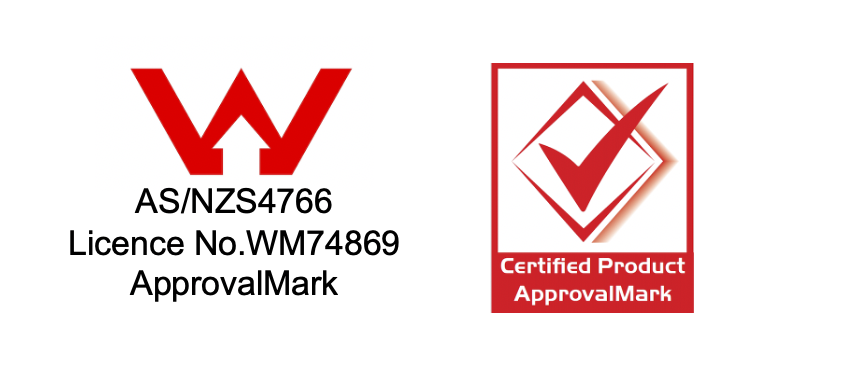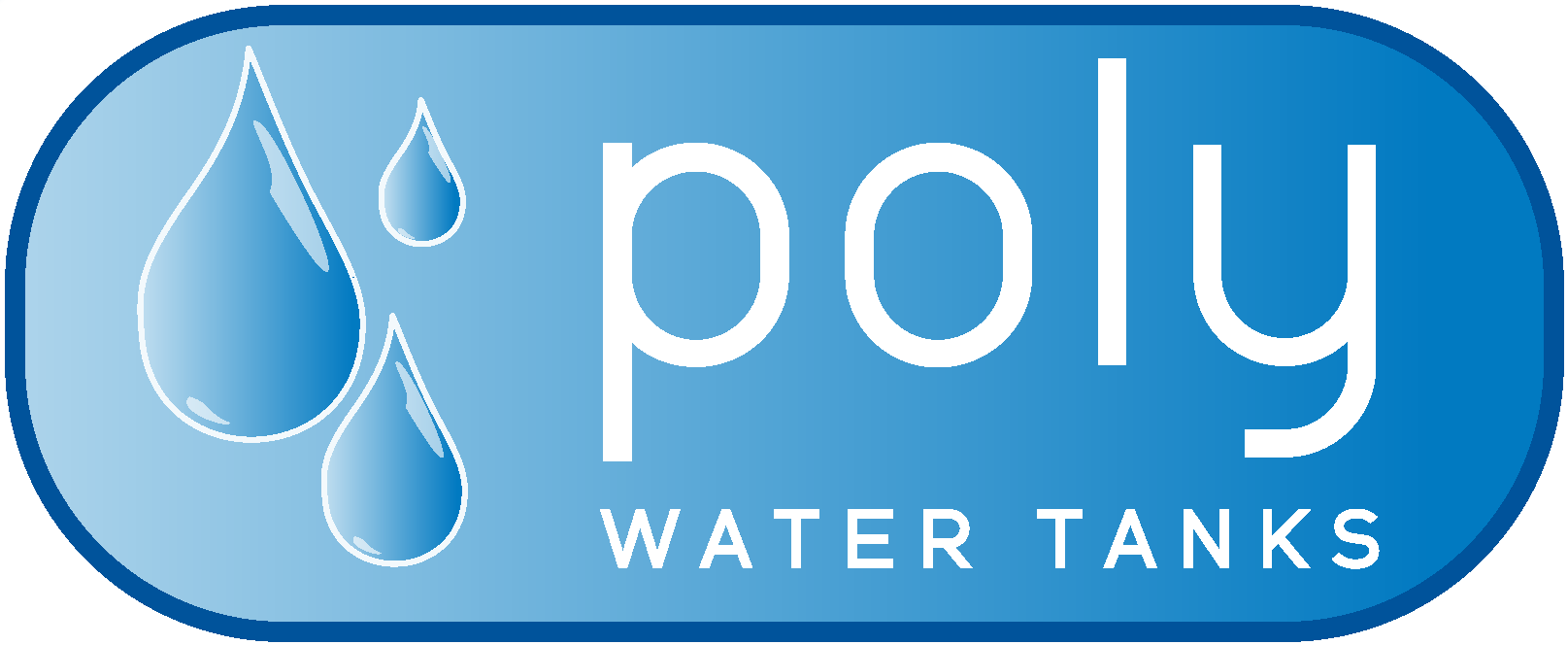A Commitment to Quality
Poly Water Tanks, we stand by our commitment to quality.
As such, we are manufacture our tanks to AS/NZS 4766:2006 Polyethylene storage tanks for water and chemicals.
Quality Policy
Poly Water Tanks strives to ensure that all supplied products and levels of service fully satisfy our customers. We closely monitor the performance, reliability, and suitability for the intended application of our range of products. In addition, we perform quality checks as required by certification to ensure that our products are defect free.
We are committed to preserving the integrity, success and quality of our company and to continual improvement.
Quality Objectives
When it comes to quality, it is our company’s objective to:
- Ensure a systematic and consistent approach to quality. This includes measurement and improvement using cost-effective methods of communication, analysis, implementation and management review of our quality objectives
- Deliver a reliable product and service.
- Comply with the requirements of the standard AS/ANZ 4766 and ongoing commitment to AS/ANZ 4766.
- Communicate the company’s quality statement and objective to all employees and involve our employees in the process of continuous quality improvement in every aspect of our business.
- Commitment to Zero defects and complaints.
Our quality policy is reviewed annually to ensure our company’s quality objectives.
Certification
In order to fulfil our quality policy and as part of our AS/NZS 4766 certification, Poly Water Tanks are independently audited on a regular basis to ensure compliance.
Our Quality Policy ensures that tanks are tested according to a set of pre-defined criteria both before and after production as required by our certification.
Testing Process
The testing process for certified tanks involves:
- Verifying that any raw materials (primarily powder) delivered to the factory is free from defects, damage or foreign matter before accepting into inventory
- Visually inspecting the tanks inside and out for any imperfections in the moulded plastic such as air bubbles and hairline cracks
- Measuring the weakest point of a completed tank for minimum thickness using an ultrasonic measuring device to within 0.1mm accuracy. The minimum standard allowed for the tank to pass certification criteria is 4.5mm. Our larger tanks routinely measure weakest-point thicknesses of well over 10mm.
- Subjecting certified tanks to impact testing. After moulding, holes are cut into the tank in order to insert the inlet strainer. The piece that is removed is then allowed to cool naturally to room temperature, then further cooled to -40° A 9kg dart then is dropped from a stipulated height onto the piece. If the piece shatters, it is overcooked. If it pierces the piece, the tank is undercooked. These tanks are marked as defective and are not delivered to customers.
Note that as per the rules of certification, not every tank is required to be tested.
Standards Compliance
In addition to the quality testing above, our tanks meet (and in some cases exceed) the minimum criteria for compliance to AS/NZS 4866 which include:
- Tanks must be rotationally moulded in one piece with no seams
- For tanks rated for the storage of potable drinking water, the materials used must comply with AS/NSZ 4020. This also ensures that pigments levels in the powder are adequate to prevent light penetration and prevent algal growth
- Minimum material thickness of 4.5mm
- Tanks must be designed so that they do not buckle
- Any dimensions provided reflect the exterior of the tank, whereas capacity measures the internal volume
- Finished tank surfaces are free, as practicable, from visual defects that would impair the serviceability of the tank
- Detailed installations instructions are provided with each tank
- Critical identification information such as Manufacturer’s name, tank capacity, date of manufacture and serial number are clearly marked on the tank









